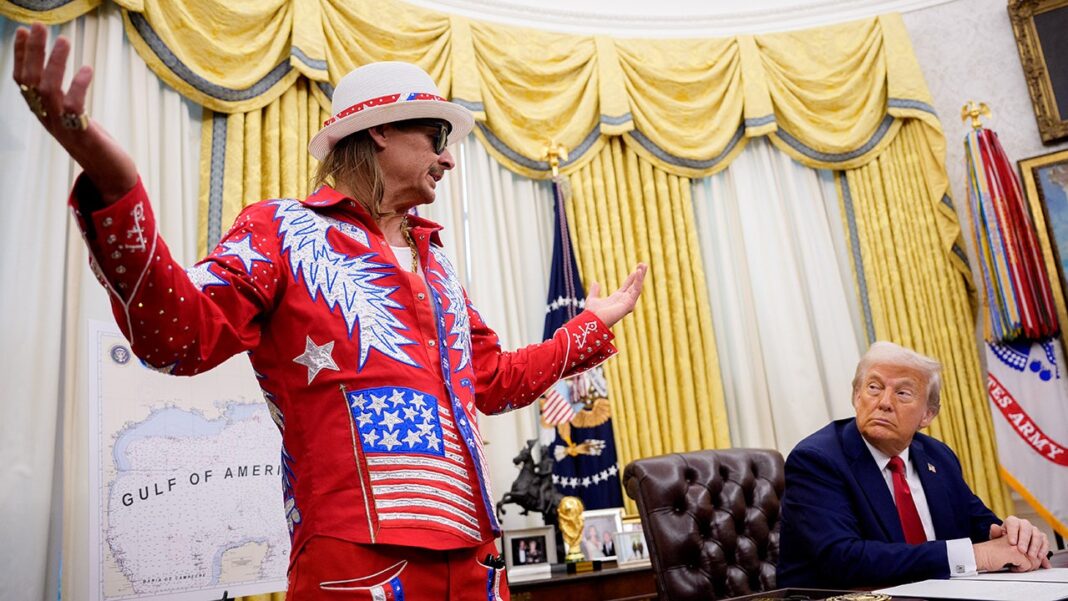“A Game-Changer for Fans: Trump to Unleash Executive Order on Ticket Scalping in Entertainment Industry” In a bid to level the playing field for music, film, and theater fans, a surprise move by the White House seems poised to make a major impact on the entertainment industry. Today, sources close to the administration confirm that a forthcoming executive order will aim to protect Americans from the scourge of ‘exploitative ticket scalping’. The details are still sketchy, but insiders reveal that President Trump plans to target the very practices that have left fans crying foul: overpriced, underwhelming performances, and bewildering ticketing systems. With Ticketmaster at the center of the storm, the move promises to send a message to industry insiders and fans alike: the era of ticket gouging is coming to an end. Read on to learn more about this potential game-changer and what it might mean for the future of entertainment.
Federal Trade Commission (FTC) and Attorney General’s Role
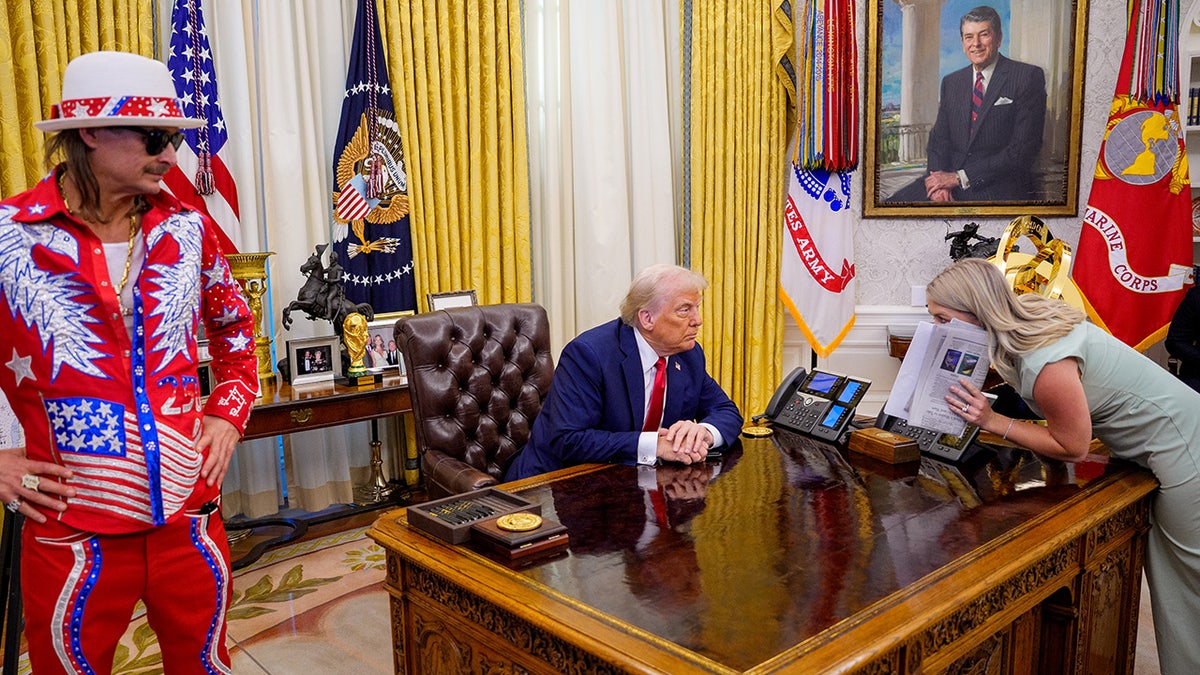
The executive order signed by President Trump directs the Federal Trade Commission (FTC) to work closely with the attorney general to ensure that competition laws are enforced in the concert and entertainment industry. This collaborative effort aims to promote the enforcement of the Better Online Ticket Sales (BOTS) act, which was enacted to prevent the use of software to circumvent ticket purchasing limits and unfairly acquire large quantities of tickets.
The FTC will be responsible for monitoring the secondary ticketing market and taking enforcement action against any unfair, deceptive, or anti-competitive practices. This includes investigating and prosecuting ticket scalpers who use bots or other software to acquire large quantities of tickets, only to resell them at inflated prices.
The attorney general will also play a crucial role in enforcing competition laws in the concert and entertainment industry. This includes working with state consumer protection authorities to promote the enforcement of the BOTS act and other laws aimed at preventing unfair ticketing practices.
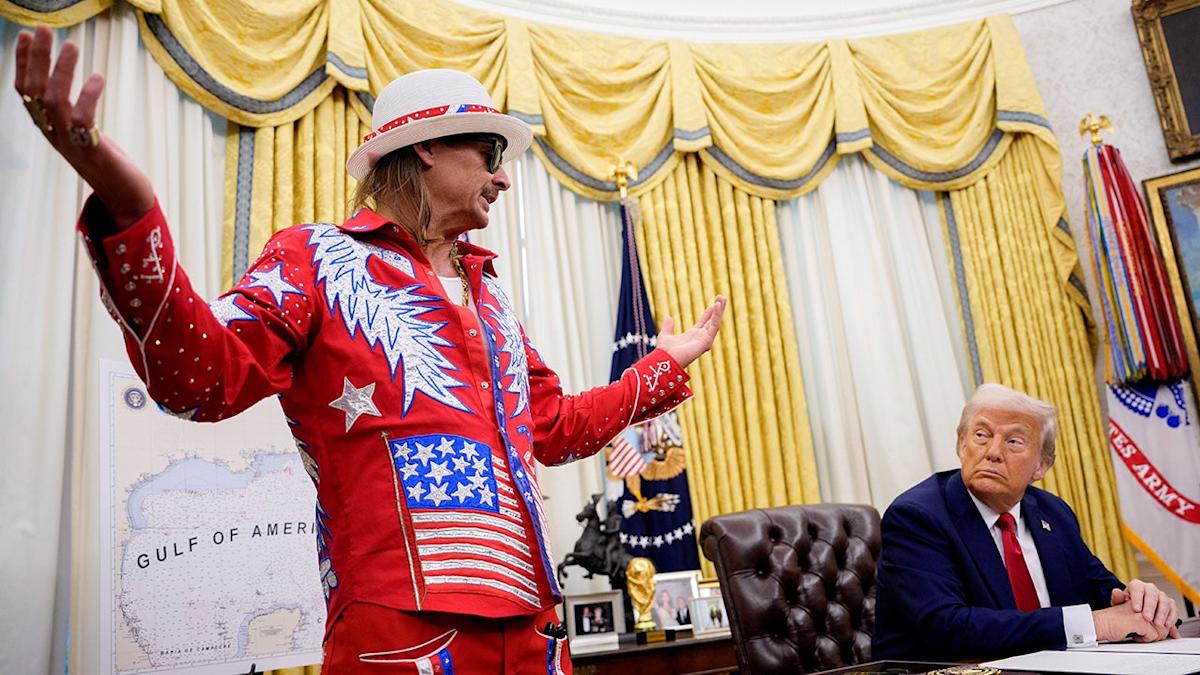
Price Transparency
The executive order ensures price transparency at all stages of the ticket-purchasing process, including through the secondary ticketing market. This means that ticket sellers will be required to clearly disclose all fees and charges associated with ticket purchases, including service fees, delivery fees, and other charges.
Price transparency is essential in preventing unfair and deceptive practices in the ticketing industry. By requiring ticket sellers to clearly disclose all fees and charges, consumers will be better equipped to make informed decisions about their ticket purchases.
Unionjournalism has learned that the executive order will also require ticket sellers to disclose the face value of tickets, as well as any additional fees or charges associated with the ticket purchase. This will help consumers to better understand the true cost of their ticket purchases and make more informed decisions.
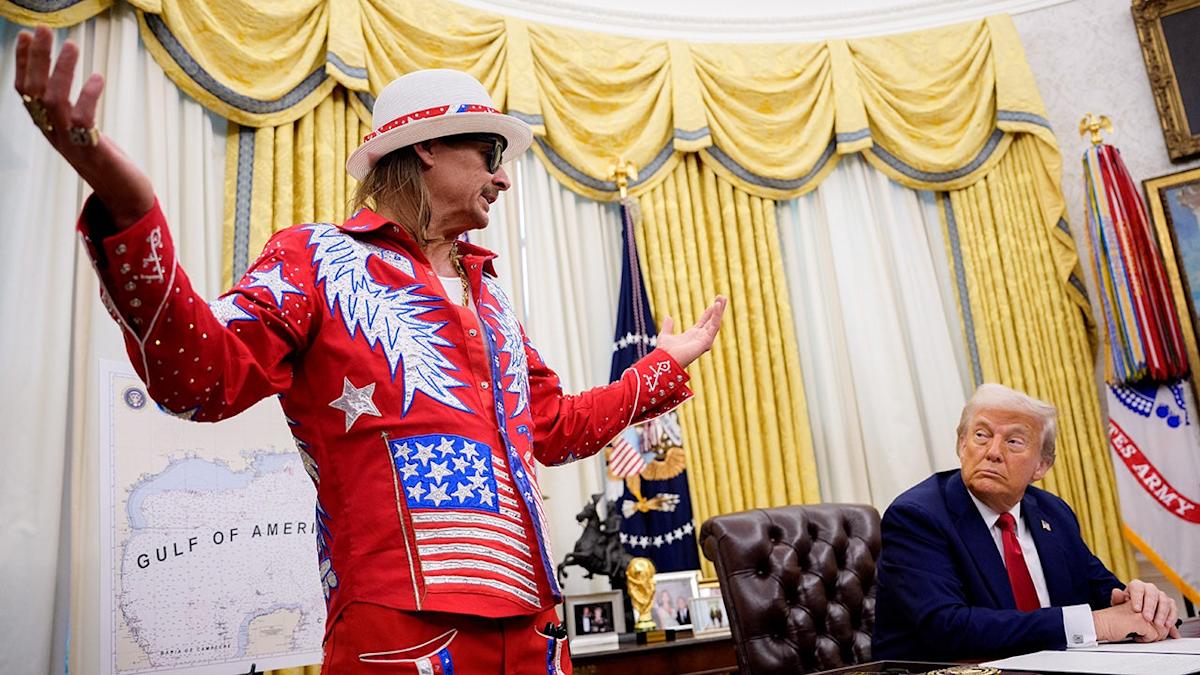
Enforcement Action
The executive order will evaluate and take enforcement action to prevent “unfair, deceptive, and anti-competitive conduct” in the secondary ticketing market. This includes investigating and prosecuting ticket scalpers who use bots or other software to acquire large quantities of tickets, only to resell them at inflated prices.
The FTC will be responsible for monitoring the secondary ticketing market and taking enforcement action against any unfair, deceptive, or anti-competitive practices. This includes working with state consumer protection authorities to promote the enforcement of the BOTS act and other laws aimed at preventing unfair ticketing practices.
Unionjournalism has learned that the executive order will also require ticket sellers to comply with all applicable laws and regulations, including the BOTS act and other laws aimed at preventing unfair ticketing practices. Ticket sellers who fail to comply with these laws and regulations will be subject to enforcement action, including fines and penalties.
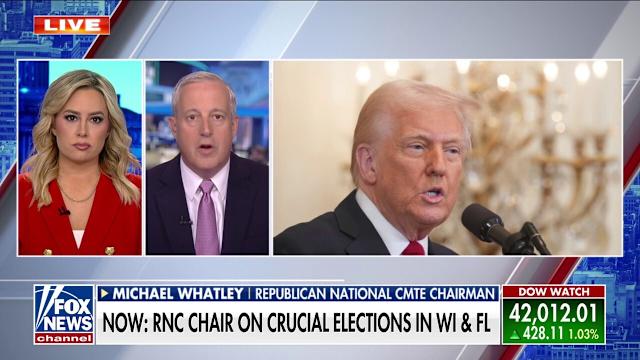
Implementation and Next Steps
Report from Treasury Department, DOJ, and FTC
The Treasury Department, DOJ, and FTC will deliver a report within 180 days summarizing the actions taken to address the issue of unfair practices in the live concert and entertainment industry. The report will also recommend additional regulations or legislation needed to protect consumers and prevent unfair practices in the secondary ticketing market.
Unionjournalism has learned that the report will provide a comprehensive overview of the actions taken by the FTC and other agencies to address the issue of unfair ticketing practices. The report will also provide recommendations for additional regulations or legislation needed to protect consumers and prevent unfair practices in the secondary ticketing market.
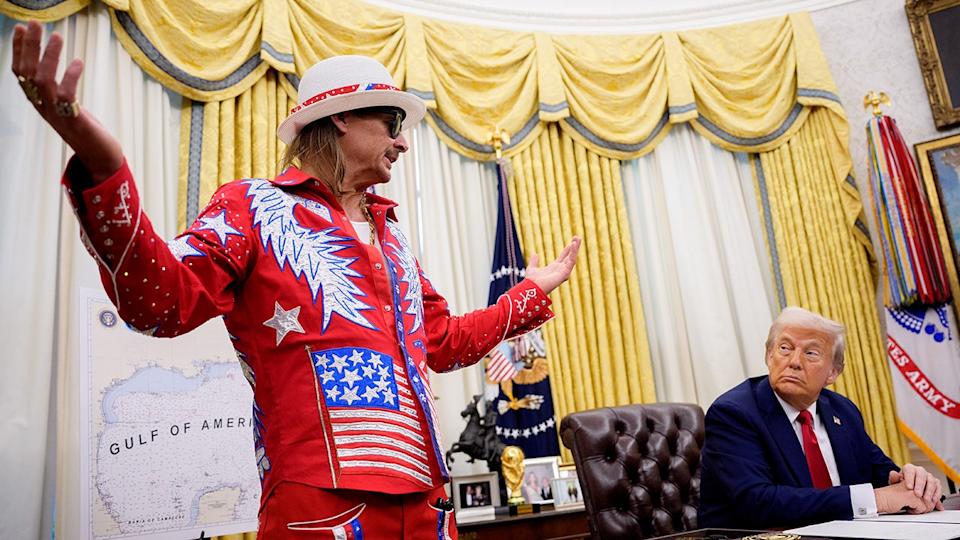
Additional Regulations or Legislation
The report will also recommend additional regulations or legislation needed to protect consumers and prevent unfair practices in the secondary ticketing market. This may include new laws or regulations aimed at preventing ticket scalpers from using bots or other software to acquire large quantities of tickets.
Unionjournalism has learned that the report may also recommend additional regulations or legislation aimed at promoting price transparency and preventing unfair and deceptive practices in the ticketing industry. This may include new laws or regulations requiring ticket sellers to clearly disclose all fees and charges associated with ticket purchases.
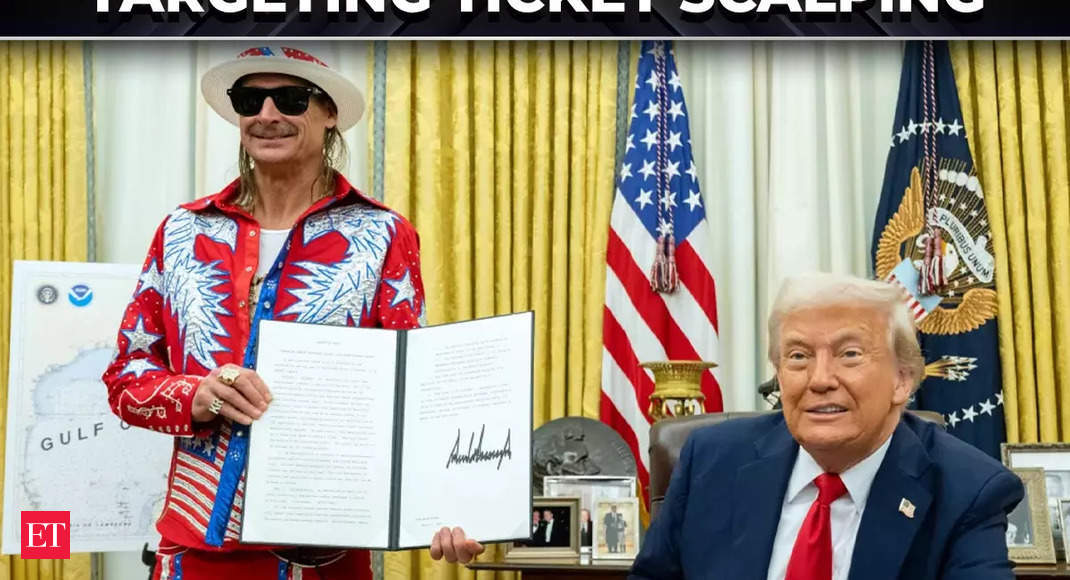
Industry Response
The live entertainment ticket industry has responded positively to the executive order, with Live Nation CEO Michael Rapino thanking President Trump and Kid Rock for “taking ticket-scalping head on.”
Unionjournalism has learned that the live entertainment ticket industry has been working closely with the FTC and other agencies to address the issue of unfair ticketing practices. The industry has been advocating for stronger regulations and laws aimed at preventing ticket scalpers from using bots or other software to acquire large quantities of tickets.
“Scalpers and bots prevent fans from getting tickets at the prices artists set, and we thank President Trump for taking them head-on,” said Live Nation in a statement. “We support any meaningful resale reforms — including more enforcement of the BOTS act, caps on resale prices, and more.”
Conclusion
Conclusion: Trump to Sign Executive Order to Protect Americans from ‘Exploitive Ticket Scalping’
In a bold move to combat the scourge of ticket scalping in the entertainment industry, President Trump has announced plans to sign a new executive order aimed at protecting American consumers from the exploitation of ticket prices. This move is significant, as it marks a shift in the administration’s stance on ticket pricing and raises important questions about the industry’s business practices. By signing this order, the President is attempting to ensure that ticket prices reflect the true value of the experience, rather than being inflated by ticketing websites and resellers.
The significance of this move cannot be overstated, as it has far-reaching implications for the ticketing industry and American consumers. As ticket prices continue to rise, the impact on consumers who are unable to afford or access cheaper tickets due to price hikes is only growing. The industry’s reliance on ticket scalping has also led to concerns about the influence of big money on the outcome of sports and entertainment events. By addressing this issue, the President is attempting to restore a level playing field and promote fairness in the ticketing market.
The future implications of this order are also worth considering. As the ticketing industry continues to evolve, it is likely that these efforts will be replicated by other governments and companies seeking to protect their consumers. Furthermore, this move may set a precedent for other industries to address similar issues, ensuring that consumers have access to affordable and valuable experiences. Ultimately, the key takeaway from this story is that the ticketing industry is not above the law, and that consumers have the right to fair and affordable access to entertainment.
